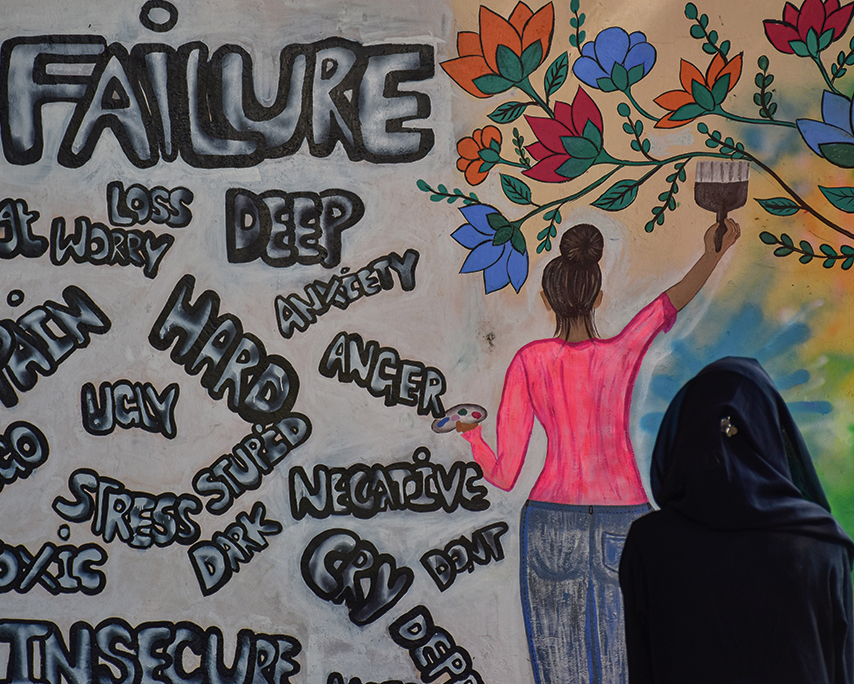World Mental Health
The documentation gap in mental health care in Africa
Across Africa, mental health is gaining recognition as a vital part of public health and human development. Yet, one major obstacle continues to limit progress: the documentation gap. The lack of consistent, reliable, and locally grounded information on mental health conditions, care systems, and outcomes has left a wide blind spot in policy, planning, and service delivery.
From a public health perspective, the absence of solid data makes mental illness largely invisible. In many African countries, national health information systems collect data on infectious diseases and maternal health, but often lack indicators for mental health. Without evidence on prevalence, treatment, and recovery, it becomes difficult for governments to plan effectively or allocate resources. As a result, mental health remains underfunded, despite growing evidence of its impact on productivity, education, and social stability.
At the clinical level, documentation challenges stem from weak health systems and limited infrastructure. Many healthcare facilities rely on paper-based records, which are often incomplete or inconsistently stored. Continuity of care becomes nearly impossible, especially when patients seek services from multiple facilities or move between rural and urban areas. Moreover, stigma continues to discourage people from seeking help, further reducing the number of documented cases. Strengthening clinical record systems and training health workers in mental health data collection would help build a clearer national picture of the problem.
Beyond hospitals and clinics, a large portion of mental health care in Africa occurs informally within families, community groups, and traditional healing spaces. These community-based and cultural approaches play a crucial role in people’s well-being, but they are often overlooked in official reports. This disparity creates a gap between what is documented and what is actually happening on the ground. Recognising and documenting indigenous practices would contribute to a more holistic understanding of mental health across different African societies.
From a policy standpoint, the lack of documentation also weakens accountability. Policymakers often rely on evidence to justify investments or reforms. When there are few statistics to work with, mental health becomes easy to overlook. National and regional institutions, such as the African Union and the Africa Centres for Disease Control, could help standardise mental health indicators across countries by creating regional databases and improving comparability. Shared frameworks also make it easier to attract funding and design collective responses to emerging challenges.
For researchers and practitioners, the documentation gap represents a missed opportunity to generate evidence led by Africans. Much of the existing research on mental health in Africa originates from externally led studies, which often rely on small samples. Encouraging local institutions to document and publish their findings would help build a stronger body of knowledge, grounded in African contexts and experiences.
As the world marks World Mental Health Day, we are reminded that documenting mental health care is about more than collecting numbers; it is about recognition. When experiences are recorded, they become visible, acknowledged, and actionable. Closing Africa’s documentation gap will require investment, collaboration, and cultural sensitivity. However, the reward is significant: policies and interventions that reflect real needs, empower communities, and place mental health at the centre of the continent’s development agenda.



